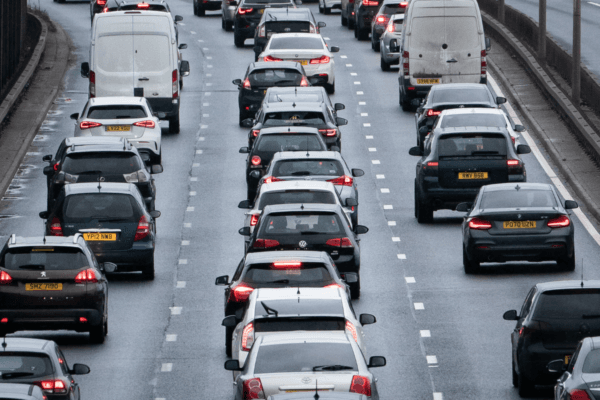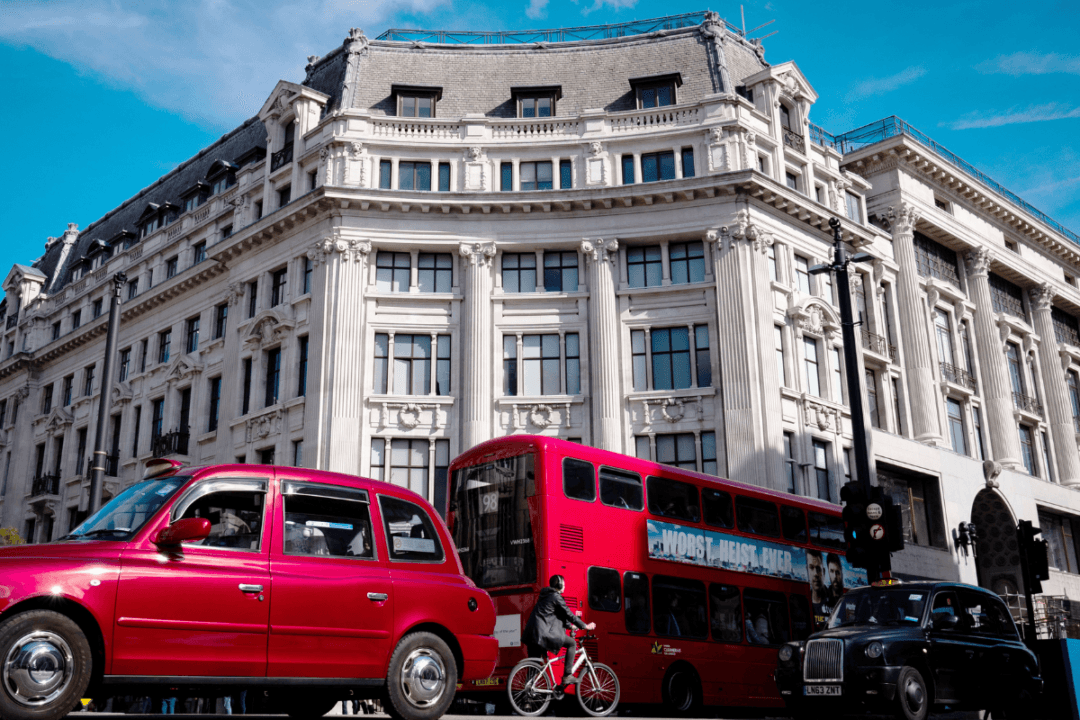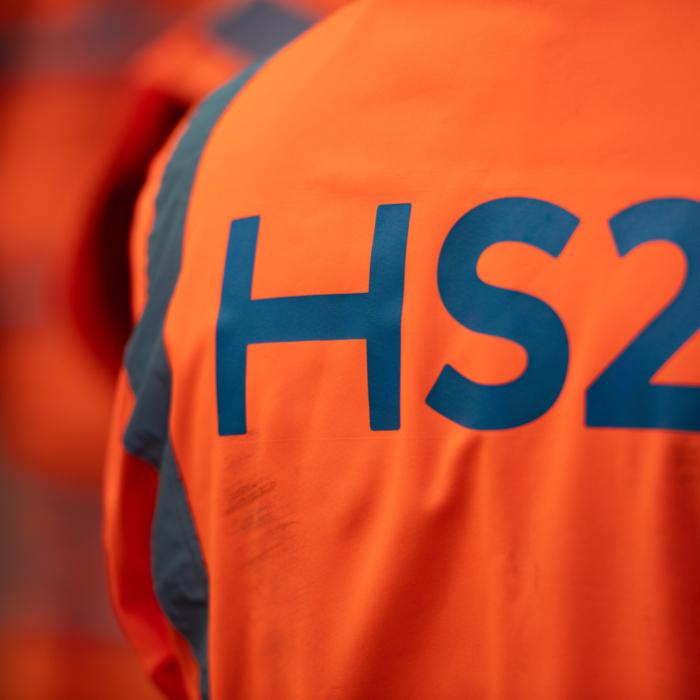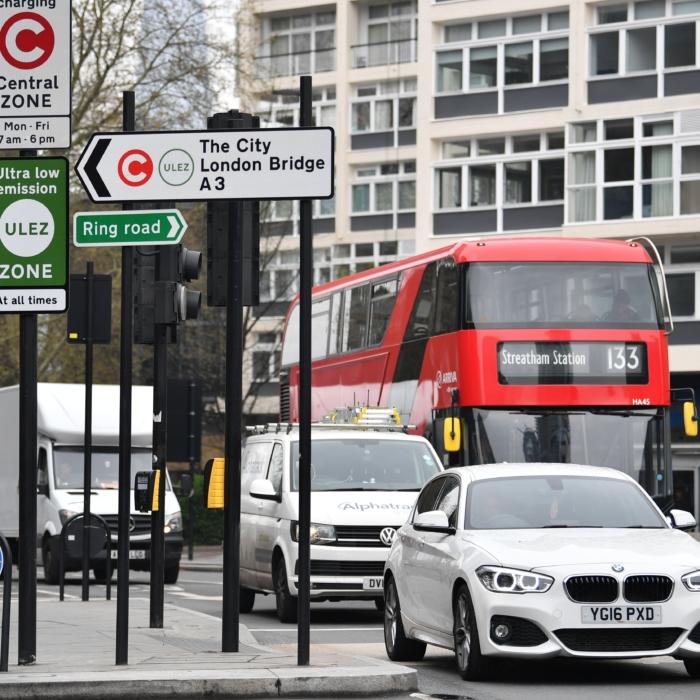London has the most congested roads in Europe and the fifth-busiest in the world, according to analysis.
This is the second year in a row that London retained the top spot, ahead of Paris, Dublin, Rome, and Brussels.
The total cost to London last year was estimated at £3.85 billion, an average of £942 per driver.
Analysists noted that London holds most of the top corridors for traffic delays in the UK, owing to the concentration of population, employment, and economic activity.
London 5th in World
London not only topped the European ranking for most congested city, but came high in the global chart. Inrix estimated that Istanbul is the most congested urban area on the world, followed by New York City, Chicago, Mexico City, and London.The ranking is based on the severity of congestion—hours lost—weighted by city size. Inrix said its analysis includes the transportation data and trends of 946 urban areas from around the world.
Inrix said that traffic congestion globally grew last year as workers returned to the office in Western Europe and the United States, after the COVID-19 pandemic era saw a rise in telecommuting and hybrid working.
The report said that UK hybrid work continues to overtake remote work, though that the gap has begun to level out.
Britons Lose 62 Hours a Year
The analysis found that 66 of the 111 British urban areas analysed saw an upward shift in congestion, while traffic delays fell in 35.The typical driver in the UK lost £581 a year to traffic jams and a total of 62 hours in 2024, which is higher than the United States or Germany, where the average driver lost 43 hours.
As a whole, congestion cost the UK £7.8 billion, a £2oo million increase since 2023.

Bob Pishue, transportation analyst and author of the report, said in a statement: “Roadworks in key corridors such as M25 Wisely Interchange caused considerable traffic on a main artery into the capital.
“Interestingly it was cities outside of the capital that saw the greatest increase in congestion with Manchester seeing a large increase, up 13%.”
Both Bristol and Leeds have moved up a spot to second and third place, respectively. Bristol saw 65 hours lost, up 5 percent, and Leeds drivers lost 60 hours in 2024, up 2 percent.
Londoners Lost 101 Hours
However, London still far outstrips the rest of the urban areas in terms of hours lost, at 101, with the rest of the top 10 losing between 53 and 68 hours last year.A spokesperson for Transport for London, which is responsible for the red route roads carrying up to 30 percent of the city’s traffic, told reporters: “We are committed to making sure Londoners can move around the capital as safely, sustainably and efficiently as possible.
“We support the movement of everyone across London and our investment in walking, cycling, and public transport is making it easier to choose sustainable ways of travelling, helping to cut congestion.”
“Our network includes some of the busiest roads in the country and we continue to invest in world-leading programmes to make sure roads are used as efficiently as possible,” the spokesperson added.







